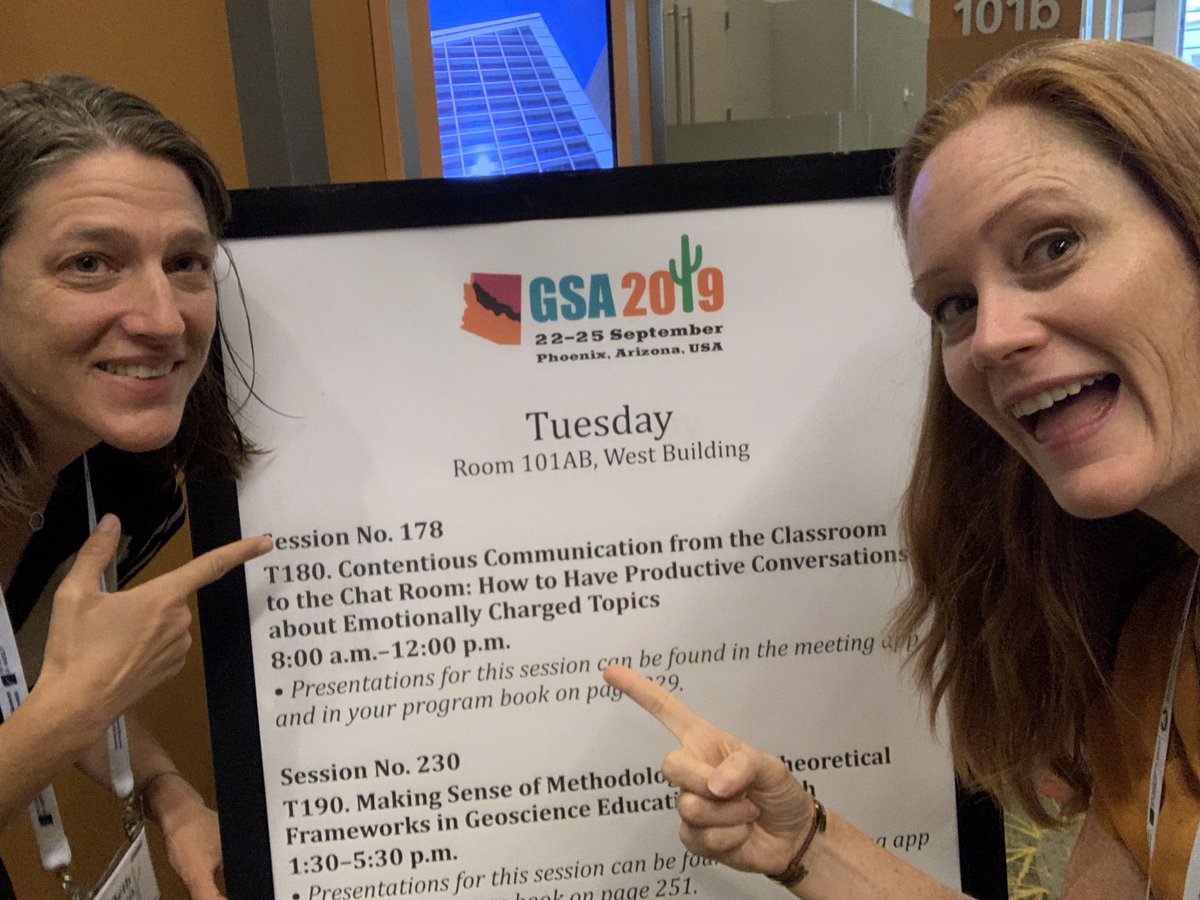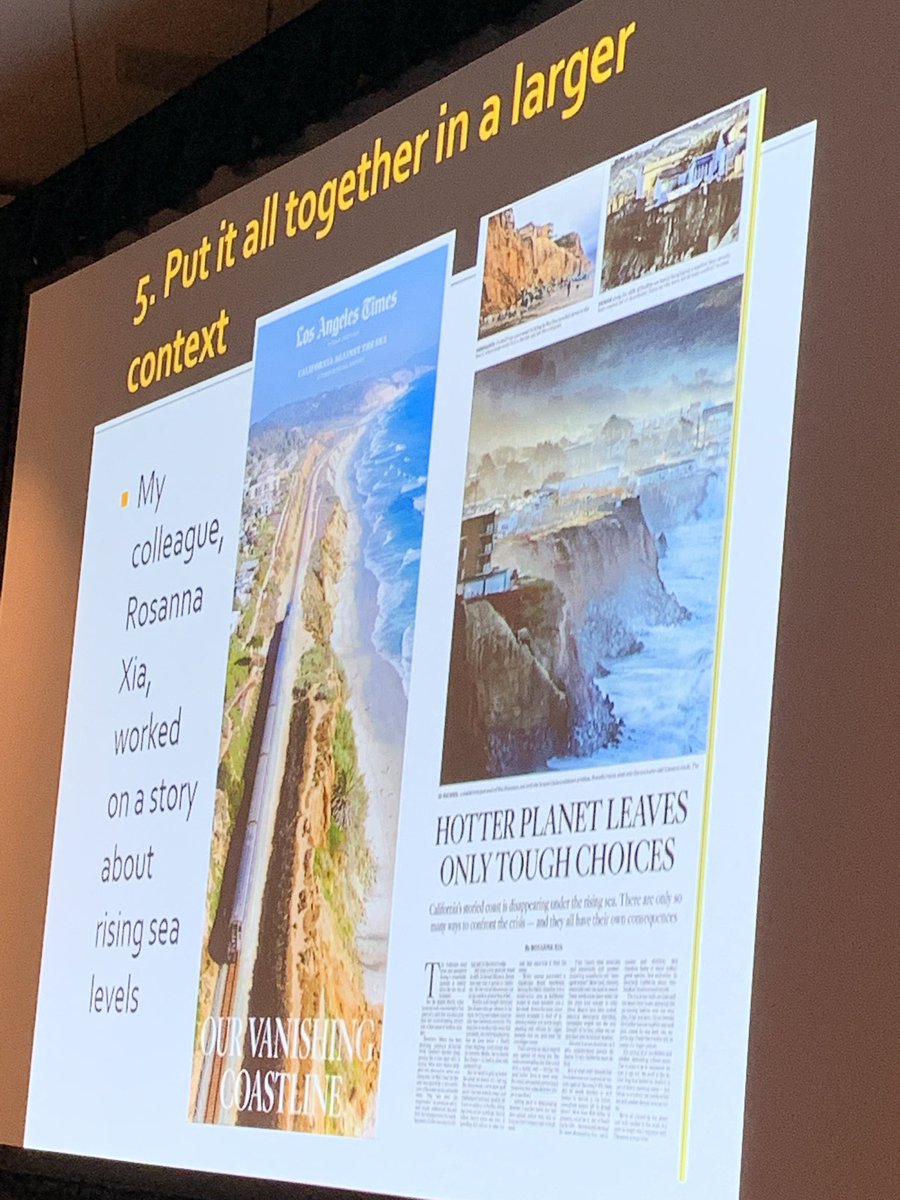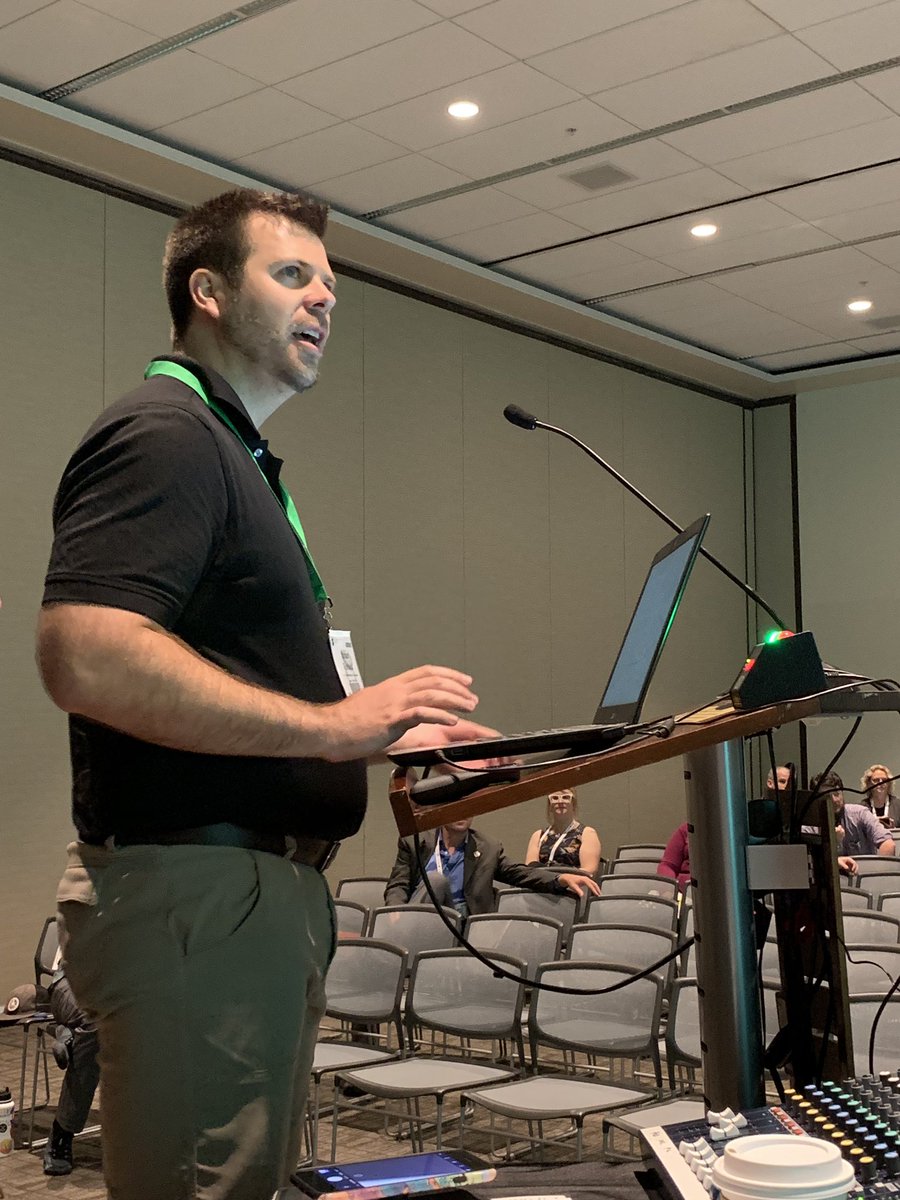
“Part of being a voice for science is being yourself” - Dr. Hill

@honu_girl corrected misinformation, held public meetings and gave the citizens agency to make their own choices.
“What does your audience need? What are their concerns?”



Validation of people’s feelings can provide comfort, for example “aftershocks can be frightening and this is a normal feeling.”




The theme of listening is definitely emerging as a critical component of communication.
Multiple channels of communication are important.

What are we actually facing in terms of loss of life and property if we fail to act now?





“The smarter we are the better we are at arguing our point.”
- @KHayhoe
Many think change may harm polar bears, and developing countries, and even plants and animals but not them. This is not correct!

Our family, our church, our economy, our land, our country, our food.
Find shared values. We all want to be the good person.
Most American think science and religion are in conflict.
“We ACCEPT evolution. We BELIEVE in God.” - Friend



🔹What is the main source of their climate change info?
🔸How and when do they discuss climate change?
🔹What are the values that helped them to understand climate change?
Answer: use the resources that are available to you and that should help to curtail the risk.
Answer: Be available to the reporter for any follow up questions that they need to clarify. If something is incorrect after publication you can ask for a correction.
- Be empathetic
- Make people think
- Be specific
- Don’t underestimate how much people like scientists
- Frame conversations as positive
- Jump over the controversy and discuss actions






















